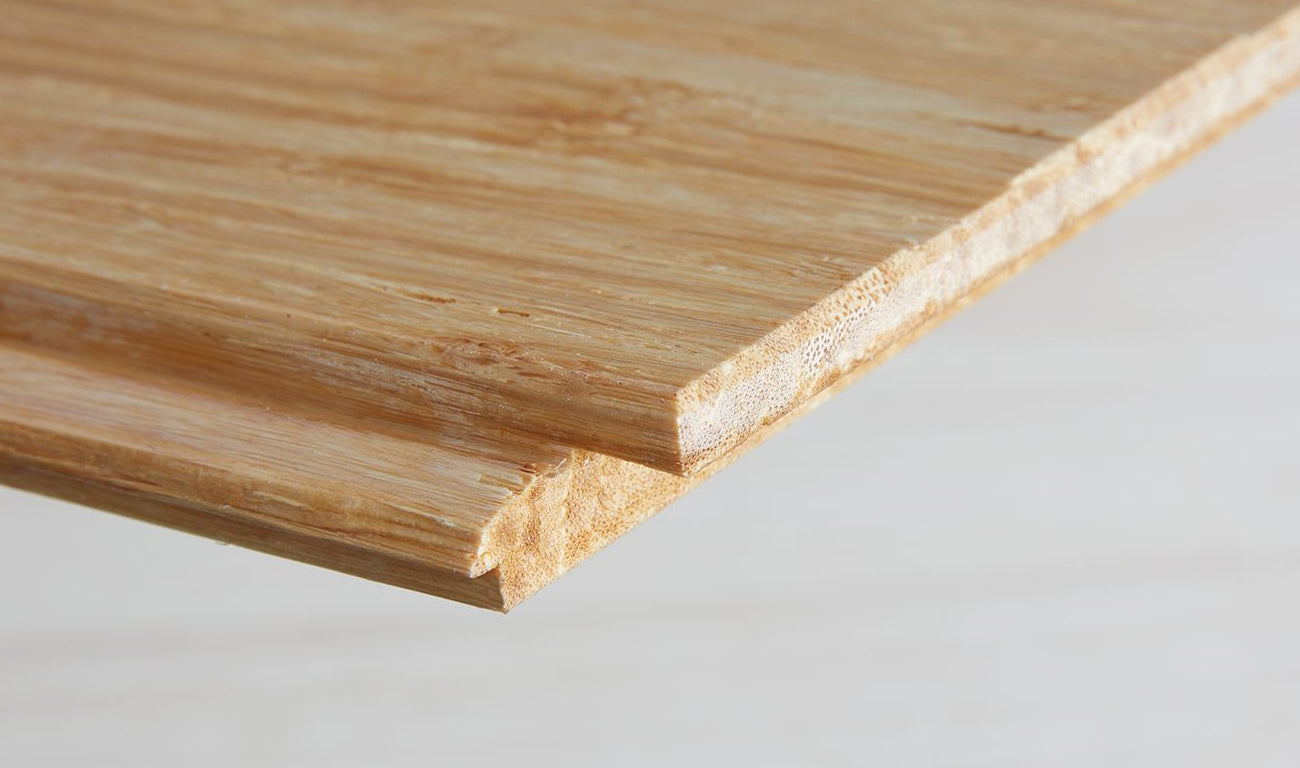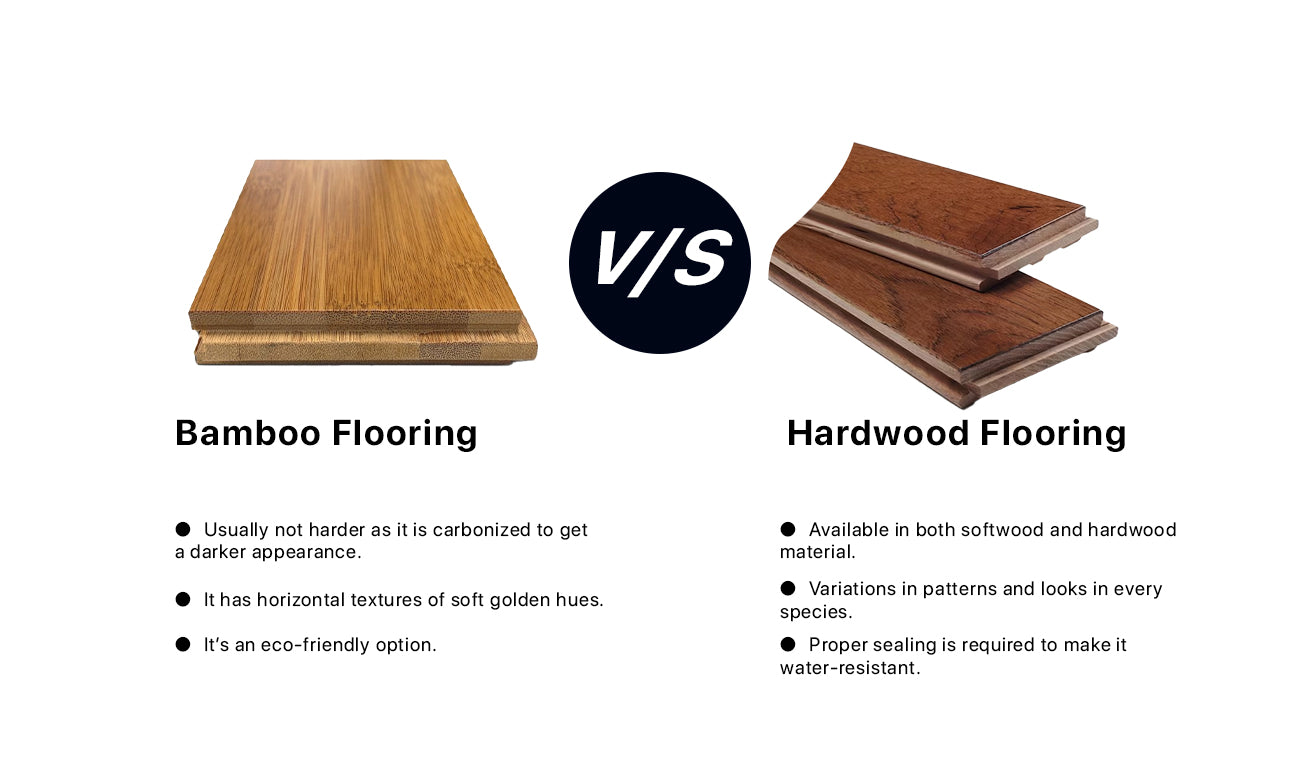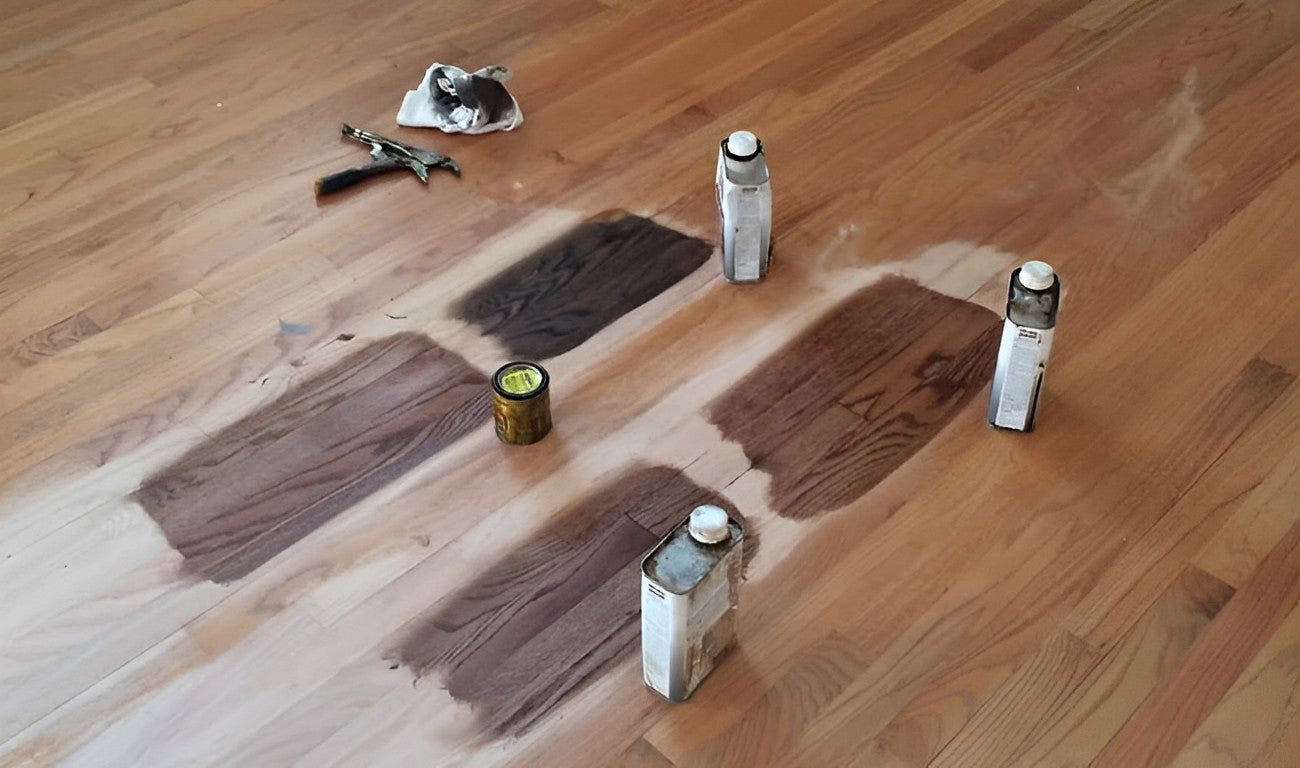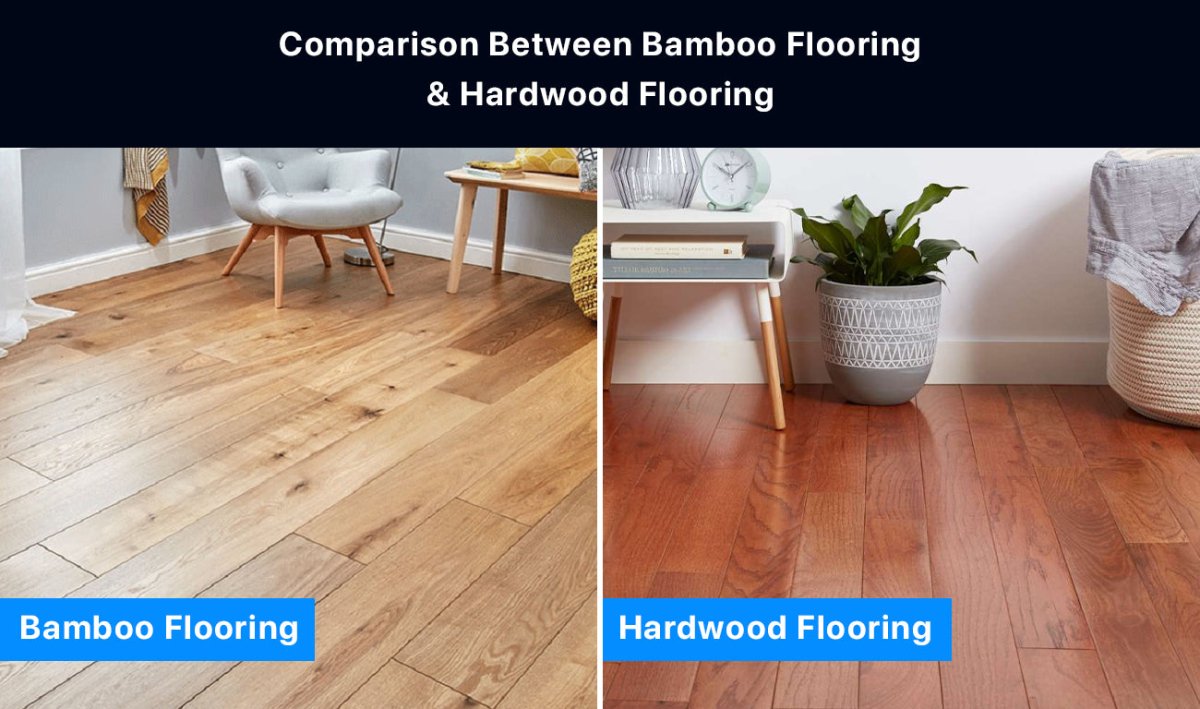People mistake bamboo flooring for typical wood flooring. It is categorized as solid hardwood flooring. However, the looks of bamboo and hardwood are similar, but they are different from each other. As a matter of fact, 3/4 inch is the general thickness of these flooring planks. The core layer is coated with laminated layers. Apart from that, there are many differences. So, discussing bamboo vs hardwood flooring is the main agenda of this blog.
About Bamboo

Do not consider bamboo flooring or any regular hardwood floors. It is not even wood at all. In fact, bamboo is grass that is found in tropical regions with possibly heavy rainfall. It grows comparatively faster than ordinary trees, and the structure is nothing alike. But water interference can discolor bamboo like any other hardwood plank.
Sometimes bamboo flooring is more rigid than hardwood
Only the hardwood label does not define a wood’s hard characteristics. Basically, it is a group that has popular wood species, including cherry, maple, oak, walnut, hickory, etcetera. Softwood is yet another major category of trees.
However, when the wood variants come under several tests, it can be concluded that not all hardwoods are always hard, and not all softwoods are that soft. Janka hardness test is performed to check this. This test shows that the characteristic of bamboo can be softer than some hardwood species. Below is the hardness ranking showcasing the hardness of different wood species:
- Red oak - 1,200-1300
- Cherry - 900-1000
- Red walnut and Brazilian teak - 2500-3500
- Poplar - 500-550
- Hard maple - 1400-1500
- Aspen - 300-350
Furthermore, some softwood species contain more hardness rating than hardwood species. Eastern red cedar has 900, and Douglas fir has a 600 hardness rating. Bamboo has a hardness rating of 1300-1400, which is quite more than oak, cherry, and some other hardwood species.
Moreover, a carbonized layer is applied to bamboo flooring to make it look darker. Bamboo material has to go through extreme heat and pressure procedures. This helps in color changing but makes bamboo vulnerable. The hardness rating for carbonized bamboo floors is 1000-1100, which is still more than some hardwood material species.
Look for diversity in hardwood flooring appearance
Hardwood material has tons of options for you to explore. Every species has different color, feel, pattern, and look. You can also analyze that different variants have certain levels of grain consistency. In addition, hardwood has classification grades that you can select to filter out the quality of hardwood material. This is a plus point to filter out what exact qualities you are looking for in your hardwood flooring.
In comparison, the characteristic of bamboo does not seem to have much diversity. The appearance depends upon the construction of bamboo flooring. There are 3 types of construction techniques for bamboo.
- Vertical grain - In this, the narrow strips of bamboo are glued together from the edges. This gives the appearance a striped look.
- Flat grain - Like any plywood construction, the flat and thin bamboo layers are glued together.
- Stranded - Bamboo fibers are collected with resin in this type of construction. The final look of stranded construction replicates the look of shredded wood.
Bamboo Vs Hardwood Flooring

Bamboo
- Usually not harder as it is carbonized to get a darker appearance.
- It has horizontal textures of soft golden hues.
- It’s an eco-friendly option.
Hardwood
- Available in both softwood and hardwood material.
- Variations in patterns and looks in every species.
- Proper sealing is required to make it water-resistant.
What about moisture damage?
Moisture can ruin hardwood as well as bamboo for sure. However, bamboo material has more water-repellent properties than hardwood. If the finishing is not properly done, then it will damage the flooring no matter what. As a result, your flooring will get discolored even when exposed to sunlight. Plus, stains will easily damage its appearance. Thus, it is highly recommended to avoid installing hardwood and bamboo flooring in below-grade sites like basements and garages.
Understanding quality
Hardwood has quite a long history when it comes to pattern, structure, shape, size, quality, and other characteristics. The ratings and overviews on hardwood are given by many renowned organizations. You can easily conclude why you should consider it for your living or work space settings.
Bamboo flooring, on the other hand, is a new introduction in the flooring industry. Unlike hardwood, no renowned organization has rated the quality of bamboo material so far. As a result, you have no control over its quality assurance. Although bamboo flooring is environmentally friendly and a responsible alternative to consider. Still, it will be best to trust a known dealer during the purchase of bamboo floors.
Is refinishing possible?

In the debate of bamboo vs hardwood flooring, it is a relief that both options are suitable for refinishing. You can consider that open to treat dents and scratches. However, the thickness of the flooring is what actually matters in the refining process. The more the thickness, the more times you can refinish your flooring. You must understand that solid hardwood is more durable and has a longer lifespan compared to engineered hardwood.
Final Statement
In the end, we can say that the popularity of bamboo flooring is increasing due to its traits such as trendy looks, durability, impact on house resale value, etcetera. So, you are going with a green alternative by choosing this flooring. But if you compare it with hardwood, you will get more options in wood species, options, and grade quality.





